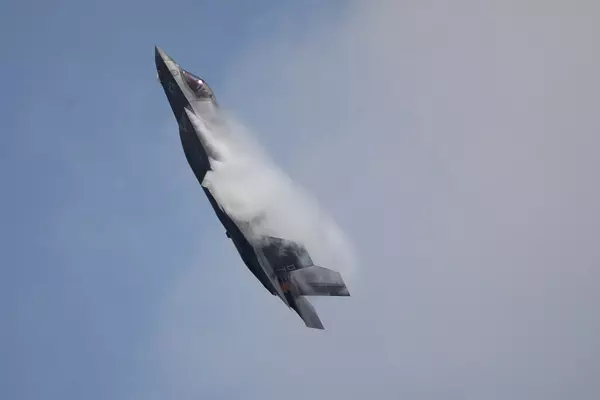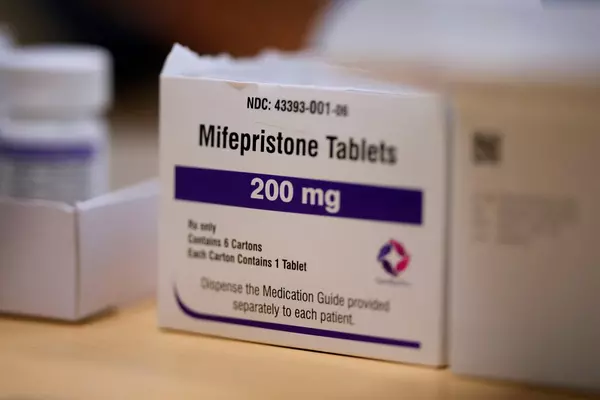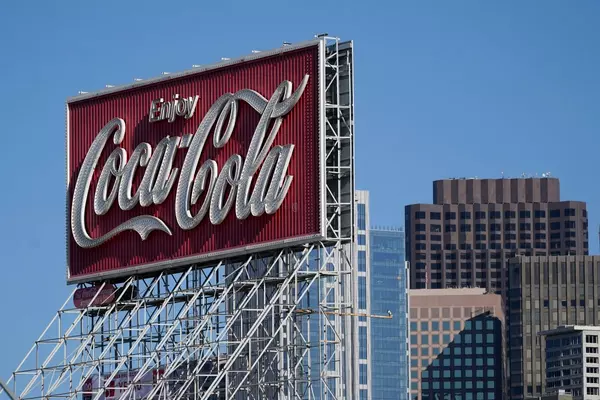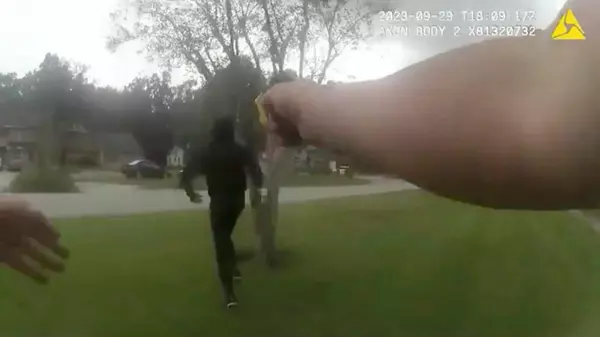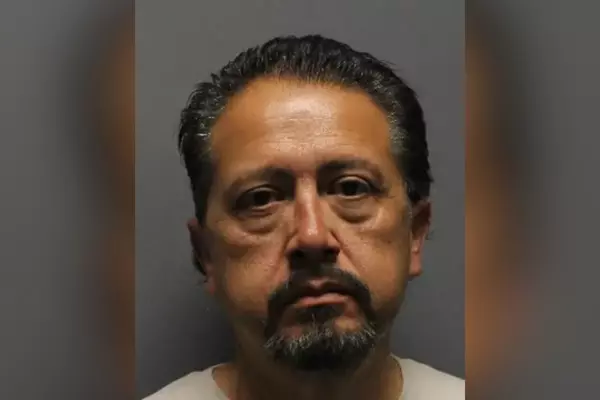
Panama’s supreme court has rejected a move to disqualify the candidacy of the leading presidential contender, José Raúl Mulino, two days before the country’s election on Sunday.
The ruling early on Friday removes an element of uncertainty from the vote, but the country remains racked by social discontent, against a backdrop of mass protests, economic slowdown, drought in the Panama Canal and the closure of one of the world’s largest copper mines.
With 25-30% of voting intention, polls suggest Mulino has a comfortable lead over his two closest rivals, the lawyer Ricardo Lombana and the former president Martín Torrijos, in a fragmented field.
Mulino only stepped in as a candidate in February, replacing Ricardo Martinelli, the supermarket magnate and former president whose candidacy was annulled after local courts ratified his prison sentence for money laundering.
In its ruling, the supreme court rejected an argument that Mulino’s candidacy should also be annulled, since he assumed it without going through party primaries.
The current president, Laurentino Cortizo, is constitutionally unable to run for a second consecutive term. But he is in any case deeply unpopular, and his government was rocked by two unprecedented protest movements.
The first, in 2022, was triggered by the rising cost of living and deficient social services, given Panama’s status as one of the region’s most unequal countries.
The second, in 2023, was sparked by the government’s opaque renegotiation of the contract for the Cobre Panamá mine, which was subsequently closed.
Both episodes revealed public mistrust of the governing Partido Revolucionario Democrático and a political elite that has been involved in numerous corruption scandals.
Corruption, underlined by the Panama Papers investigation, is a top concern for voters, as is the economy, where a slowdown has been compounded by the closure of the mine and social upheaval that has hit investment.
The International Monetary Fund expects growth of 2.5% in 2024, down from 7.5% in 2023.
The fact that Martinelli – and by extension Mulino – remains popular despite his conviction for money laundering reflects both the political outsider status he has cultivated and the fact that Panama saw formidable economic growth during his presidency from 2009 to 2014.
“People have always justified Martinelli by saying, ‘He stole but he got things done,’” said Juan Diego Alvarado, a political analyst.
“The economic conditions that carried that growth are no longer there,” added Alvarado. “But the memory is powerful.”
Aside from promising to bring the good times back, Mulino has also vowed to close the Darién Gap, the swampy jungle straddling the border with Colombia that is crossed by hundreds of thousands of US-bound migrants each year.
Meanwhile other candidates have emphasised their economic management skills and anti-corruption platforms.
All the leading candidates are proposing to change Panama’s constitution, which has remained the same since the return to democracy in 1989, and have supported the protests against the mine with varying degrees of enthusiasm.
But experts say there is a lack of substantive variety on the ballot paper.
“Panama has great political homogeneity: every political party is centre right. For 30 years Panama has been governed by the centre right,” said Claire Nevache, a political analyst. “So it’s really more about characters and leadership styles than it is about public policy and how to fix Panama’s problems.”
If Mulino wins, he has promised to find a way to help Martinelli, who avoided a 10-year jail sentence by taking refuge in the Nicaraguan embassy, where he and his dog, Bruno, are campaigning energetically on social media.
To what degree Martinelli would be pulling the strings behind a Mulino presidency remains to be seen. “I suspect Mulino doesn’t have much strength within their party. I think Martinelli controls the party,” said Alvarado. “But whoever wins will not have a majority in the assembly. So they’ll have to build alliances in order to govern.”
